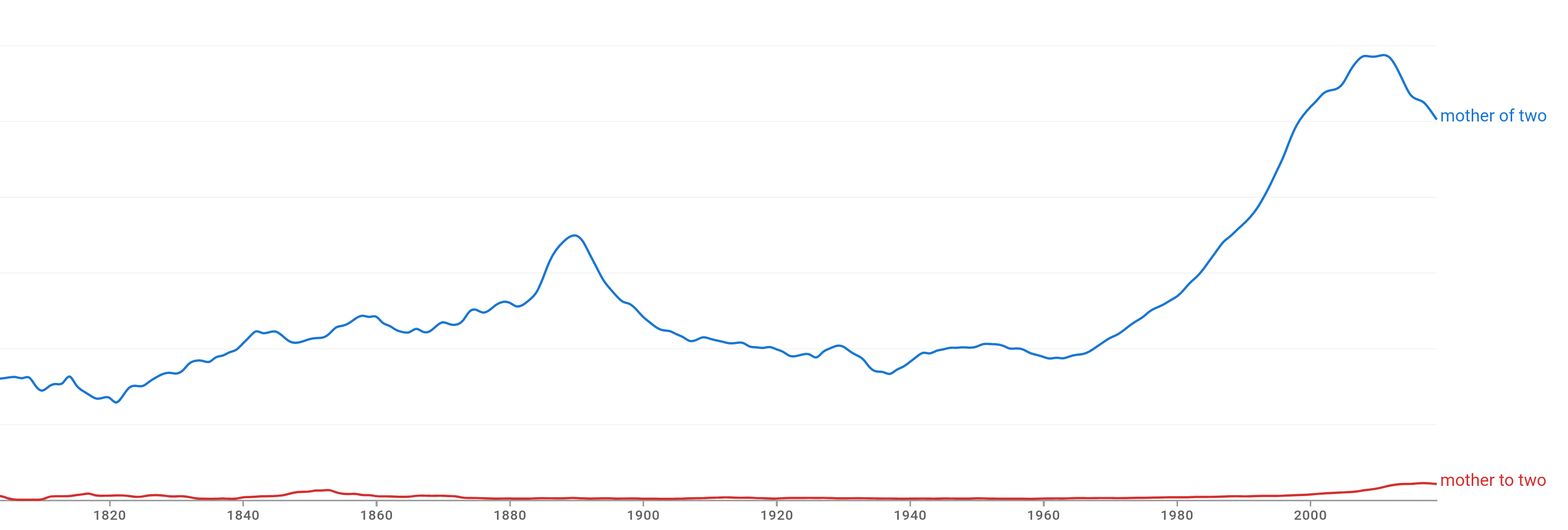This is from the BBC Mr. Stanton
Mr Stanton was a father to a four-year-old daughter and a sports fan.
As I read, "to be a father to someone" drew my attention. I wondered why "...father of...." instead of "...father to..."?
I made some research about differences in meaning between the two, and I learned from some language forums that "father of" might indicate "biological father" while "father to" might indicate "being like a father".
I am not sure whether the difference is so distinct among native speakers.
If yes, why does the "BBC" use "father to"?

